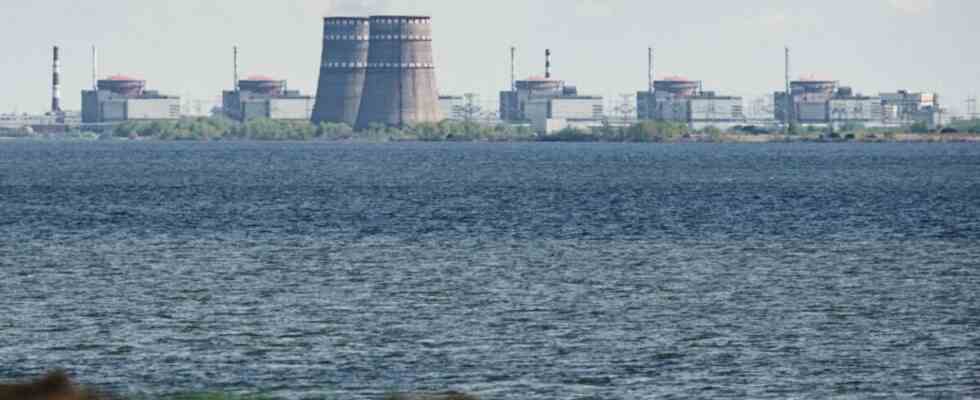Did you miss the latest events on the war in Ukraine? Do not panic, 20 minutes takes stock for you every evening at 7:30 p.m. Who did what ? Who said what? Where are we? The answer below:
news of the day
Russian Presidents Vladimir Putin and French President Emmanuel Macron called in a telephone interview on Friday to organize “as soon as possible” an inspection of the Ukrainian nuclear power plant in Zaporizhye, target of bombings. “The Russian side has confirmed that it is ready to provide all the necessary assistance to the inspectors of the atomic” Agency, according to the same source. The French presidency, for its part, declared that Emmanuel Macron had “supported the dispatch on the spot as soon as possible of a mission of experts from the IAEA, under conditions approved by Ukraine and the United Nations”. This conservation between the two heads of state, on the initiative of the French, is the first since May 28.
sentence of the day
“Obviously, Zaporijjie electricity is Ukrainian electricity (…) this principle must be fully respected”
UN Secretary General Antonio Guterres, visiting Ukraine these days, called on Russia not to cut off the Zaporizhie nuclear power plant from the Ukrainian power grid.
The number of the day
775. This is, in millions of dollars, the amount of a new tranche of military aid from the United States to Ukraine. The Pentagon made the announcement on Friday, which includes additional missiles for US Himars precision artillery systems. This new tranche of aid also provides for the sending of mobile gun systems and additional shells compatible with armaments supplied by the United Kingdom, a senior official from the American Ministry of Defense told the press.
The trend of the day
kyiv calls on Europeans to ban Russian tourists to punish Moscow for the war in Ukraine, but this measure is far from consensus and would contradict the line followed so far by the Twenty-Seven in terms of sanctions. It will be discussed at a meeting of EU foreign ministers at the end of August in Prague. The Baltic countries and Finland are on a hard line, Germany and Portugal, for example, much more moderate.

